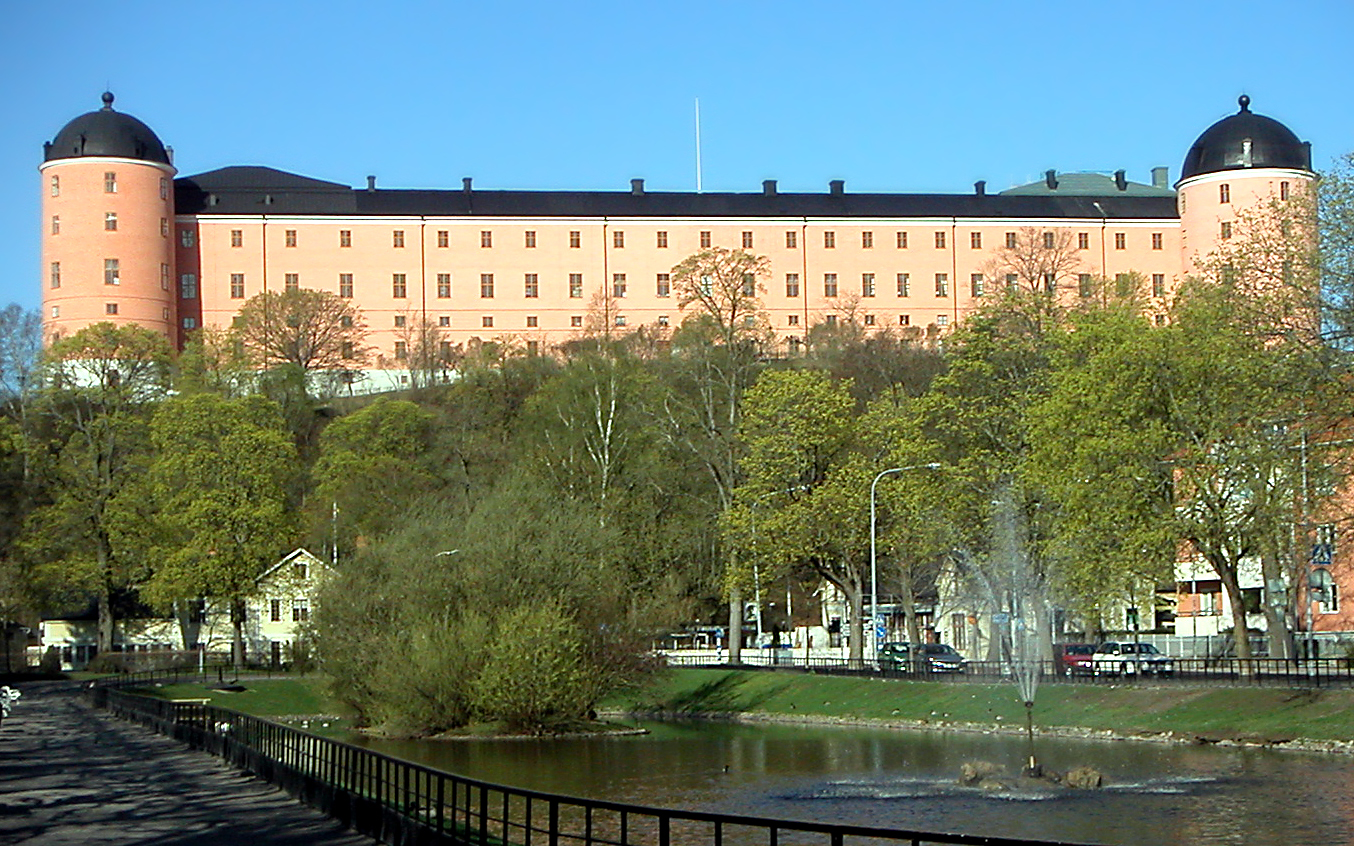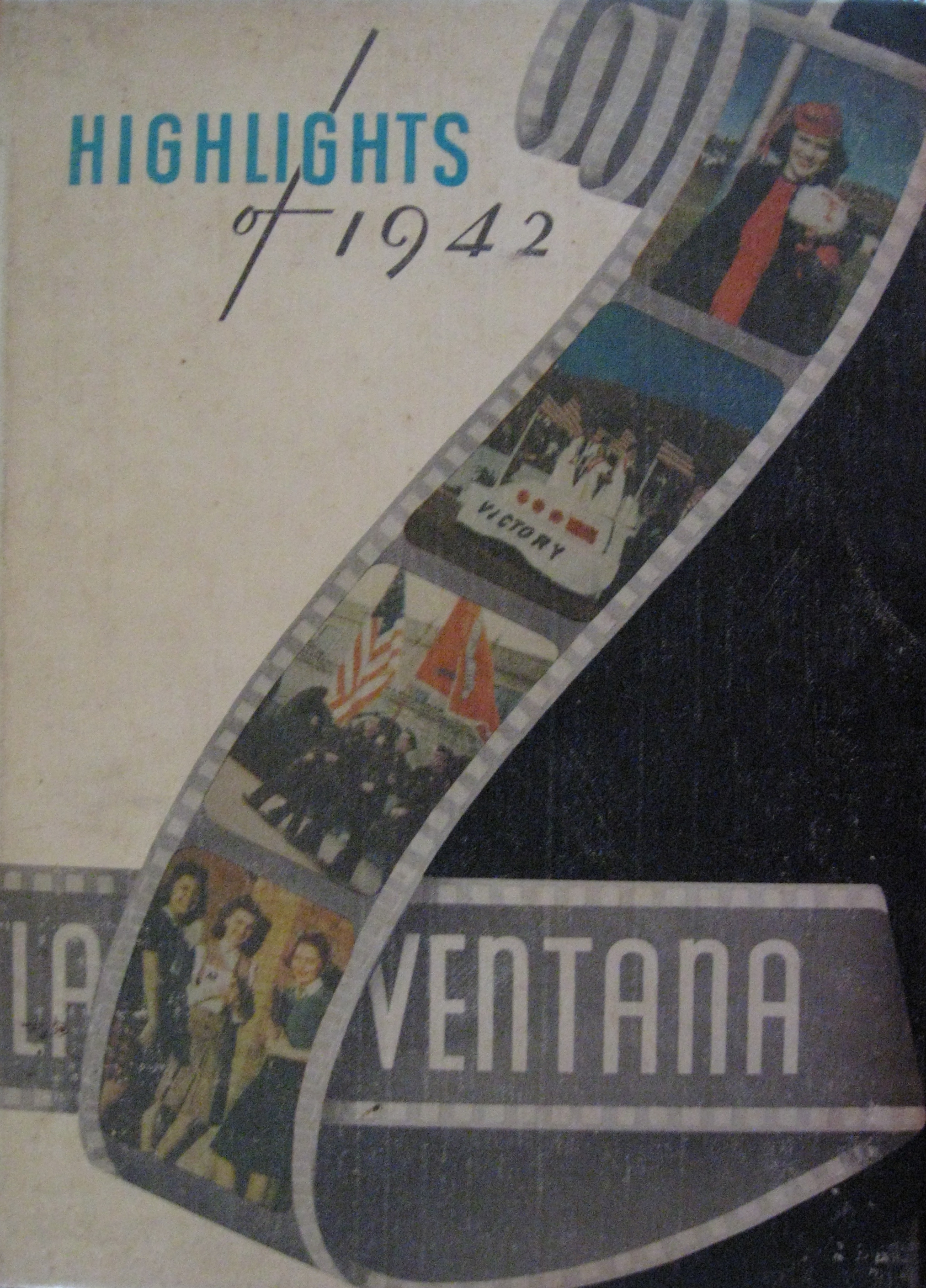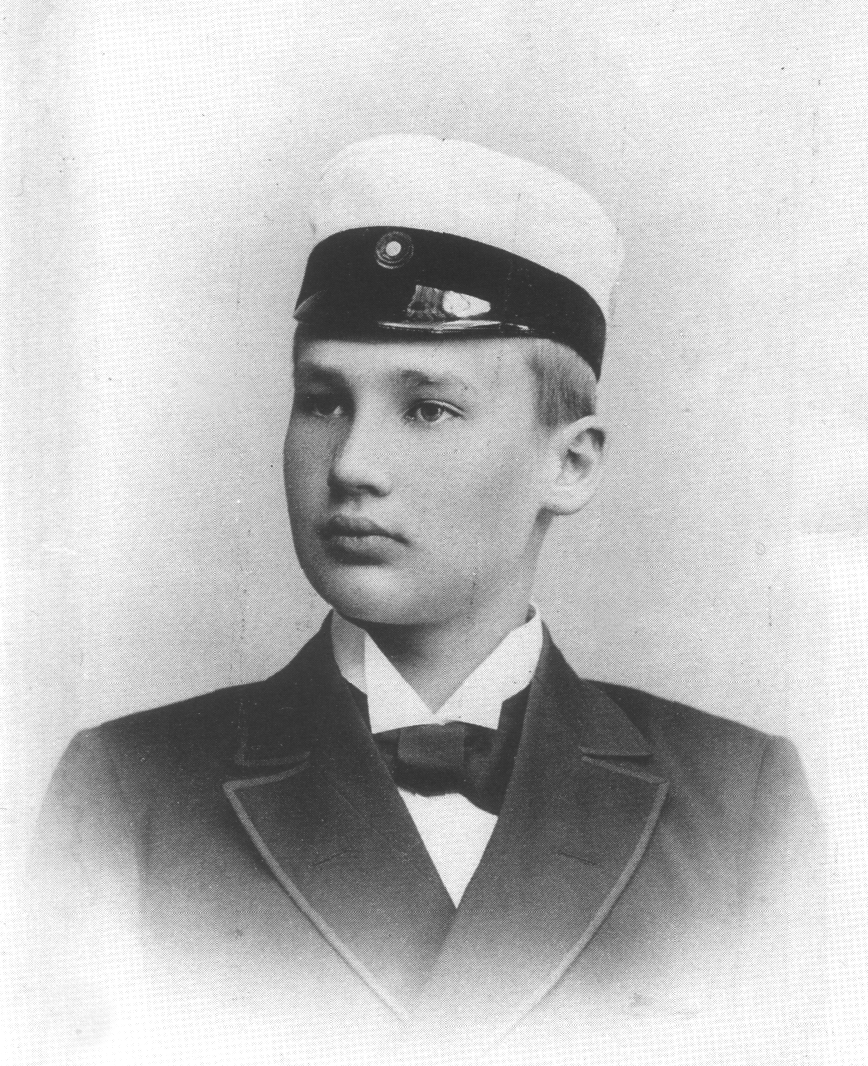|
Gustaf Erik Pasch
Gustaf Erik Pasch (born Berggren) (3 September 1788 – 6 September 1862) was a Swedish inventor and professor of chemistry at Karolinska institute in Stockholm and inventor of the safety match. He was born in Norrköping, the son of a carpenter. He enrolled at Uppsala University in 1806 and graduated with a master's degree in 1821. Pasch is mostly known for the safety match, but he was also involved with making waterproof concrete for the Göta Canal, manufacture of bank notes and growing of silk worms. He married Augusta Fredrika Vilhelmina Berg in 1827. In 1827, he was elected a member of the Royal Swedish Academy of Sciences. Safety matches Jöns Jacob Berzelius, who invented the modern chemical notation, discovered that the dangerous white phosphorus in matches could be replaced with the more benign red phosphorus, but was not able to produce a match reliable enough for everyday use. Pasch, a student of Berzelius, managed to do so by moving the phosphorus from the head of ... [...More Info...] [...Related Items...] OR: [Wikipedia] [Google] [Baidu] |
Swedish People
Swedes (), or Swedish people, are an ethnic group native to Sweden, who share a common ancestry, Culture of Sweden, culture, History of Sweden, history, and Swedish language, language. They mostly inhabit Sweden and the other Nordic countries, Swedish-speaking population of Finland, in particular, neighboring Finland, where they are an officially recognized minority, with Swedish being one of the official languages of the country, and with a substantial Swedish diaspora, diaspora in other countries, especially the Swedish Americans, United States. Etymology The English term "Swede" has been attested in English since the late 16th century and is of Middle Dutch or Middle Low German origin. In Swedish language, Swedish, the term is ''svensk'', which is from the name of ''svear'' (or Swedes), the people who inhabited Svealand in eastern central Sweden, and were listed as ''Suiones'' in Tacitus' history ''Germania (book), Germania'' from the first century AD. The term is believed ... [...More Info...] [...Related Items...] OR: [Wikipedia] [Google] [Baidu] |
Chemical Formula
A chemical formula is a way of presenting information about the chemical proportions of atoms that constitute a particular chemical compound or molecule, using chemical element symbols, numbers, and sometimes also other symbols, such as parentheses, dashes, brackets, commas and ''plus'' (+) and ''minus'' (−) signs. These are limited to a single typographic line of symbols, which may include subscripts and superscripts. A chemical formula is not a chemical name since it does not contain any words. Although a chemical formula may imply certain simple chemical structures, it is not the same as a full chemical structural formula. Chemical formulae can fully specify the structure of only the simplest of molecules and chemical substances, and are generally more limited in power than chemical names and structural formulae. The simplest types of chemical formulae are called '' empirical formulae'', which use letters and numbers indicating the numerical ''proportions'' of atoms ... [...More Info...] [...Related Items...] OR: [Wikipedia] [Google] [Baidu] |
1862 Deaths
Events January * January 1 – The United Kingdom annexes Lagos Island, in modern-day Nigeria. * January 6 – Second French intervention in Mexico, French intervention in Mexico: Second French Empire, French, Spanish and British forces arrive in Veracruz, Mexico. * January 16 – Hartley Colliery disaster in north-east England: 204 men are trapped and die underground when the only shaft becomes blocked. * January 30 – American Civil War: The first U.S. ironclad warship, , is launched in Brooklyn. * January 31 – Alvan Graham Clark makes the first observation of Sirius B, a white dwarf star, through an eighteen-inch telescope at Northwestern University in Illinois. February * February 1 – American Civil War: Julia Ward Howe's "Battle Hymn of the Republic" is published for the first time in the ''Atlantic Monthly''. * February 2 – The Dun Mountain Railway, first railway is opened in New Zealand, by the Dun Mountain Copper Mining Compan ... [...More Info...] [...Related Items...] OR: [Wikipedia] [Google] [Baidu] |
1788 Births
Events January–March * January 1 – The first edition of ''The Times'', previously ''The Daily Universal Register'', is published in London. * January 2 – Georgia ratifies the United States Constitution, and becomes the fourth U.S. state under the new government. * January 9 – Connecticut ratifies the United States Constitution, and becomes the fifth U.S. state. * January 18 – The leading ship (armed tender HMS ''Supply'') in Captain Arthur Phillip's First Fleet arrives at Botany Bay, to colonise Australia. * January 22 – The Congress of the Confederation, effectively a caretaker government until the United States Constitution can be ratified by at least nine of the 13 states, elects Cyrus Griffin as its last president.''Harper's Encyclopaedia of United States History from 458 A. D. to 1909'', ed. by Benson John Lossing and, Woodrow Wilson (Harper & Brothers, 1910) p167 * January 24 – The La Perouse expedition in the ''Astrolabe'' and '' Boussole'' arrives ... [...More Info...] [...Related Items...] OR: [Wikipedia] [Google] [Baidu] |
Members Of The Royal Swedish Academy Of Sciences
Member may refer to: * Military jury, referred to as "Members" in military jargon * Element (mathematics), an object that belongs to a mathematical set * In object-oriented programming, a member of a class ** Field (computer science), entries in a database ** Member variable, a variable that is associated with a specific object * Limb (anatomy), an appendage of the human or animal body ** Euphemism for penis * Structural component of a truss, connected by nodes * User (computing), a person making use of a computing service, especially on the Internet * Member (geology), a component of a geological formation * Member of parliament * The Members, a British punk rock band * Meronymy, a semantic relationship in linguistics * Church membership, belonging to a local Christian congregation, a Christian denomination and the universal Church * Member, a participant in a Club (organization), club or learned society See also * * {{disambiguation ... [...More Info...] [...Related Items...] OR: [Wikipedia] [Google] [Baidu] |
Uppsala University Alumni
Uppsala ( ; ; archaically spelled ''Upsala'') is the capital of Uppsala County and the fourth-largest city in Sweden, after Stockholm, Gothenburg, and Malmö. It had 177,074 inhabitants in 2019. Located north of the capital Stockholm, it is also the seat of Uppsala Municipality. Since 1164, Uppsala has been the ecclesiastical centre of Sweden, being the seat of the Archbishop of the Church of Sweden. Uppsala is home to Scandinavia's largest cathedral – Uppsala Cathedral, which was the frequent site of the coronation of the Swedish monarch until the late 19th century. Uppsala Castle, built by King Gustav Vasa, served as one of the royal residences of the Swedish monarchs, and was expanded several times over its history, making Uppsala the secondary capital of Sweden during its greatest extent. Today, it serves as the residence of the Governor of Uppsala County. Founded in 1477, Uppsala University is the oldest centre of higher education in Scandinavia. Among the many ... [...More Info...] [...Related Items...] OR: [Wikipedia] [Google] [Baidu] |
19th-century Swedish Inventors
The 19th century began on 1 January 1801 (represented by the Roman numerals MDCCCI), and ended on 31 December 1900 (MCM). It was the 9th century of the 2nd millennium. It was characterized by vast social upheaval. Slavery was abolished in much of Europe and the Americas. The First Industrial Revolution, though it began in the late 18th century, expanded beyond its British homeland for the first time during the 19th century, particularly remaking the economies and societies of the Low Countries, France, the Rhineland, Northern Italy, and the Northeastern United States. A few decades later, the Second Industrial Revolution led to ever more massive urbanization and much higher levels of productivity, profit, and prosperity, a pattern that continued into the 20th century. The Catholic Church, in response to the growing influence and power of modernism, secularism and materialism, formed the First Vatican Council in the late 19th century to deal with such problems and confirm cer ... [...More Info...] [...Related Items...] OR: [Wikipedia] [Google] [Baidu] |
Swedish Chemists
Swedish or ' may refer to: Anything from or related to Sweden, a country in Northern Europe. Or, specifically: * Swedish language, a North Germanic language spoken primarily in Sweden and Finland ** Swedish alphabet, the official alphabet used by the Swedish language * Swedish people or Swedes Swedes (), or Swedish people, are an ethnic group native to Sweden, who share a common ancestry, Culture of Sweden, culture, History of Sweden, history, and Swedish language, language. They mostly inhabit Sweden and the other Nordic countries, ..., persons with a Swedish ancestral or ethnic identity ** A national or citizen of Sweden, see demographics of Sweden ** Culture of Sweden * Swedish cuisine See also * * Swedish Church (other) * Swedish Institute (other) * Swedish invasion (other) * Swedish Open (other) {{disambig Language and nationality disambiguation pages ... [...More Info...] [...Related Items...] OR: [Wikipedia] [Google] [Baidu] |
Yearbook
A yearbook, also known as an annual, is a type of Annual publication, a book published annually. One use is to record, highlight, and commemorate the past year of a school. The term also refers to a book of statistics or facts published annually. A yearbook often has an overarching theme that is present throughout the entire book. Many secondary education, high schools, college, colleges, Primary school, elementary and middle school, middle schools publish yearbooks; however, many schools are dropping yearbooks or decreasing page counts given social media alternatives to a mass-produced physical photographically oriented record. From 1995 to 2013, the number of U.S. college yearbooks dropped from roughly 2,400 to 1,000. History A marble slab commemorating a class of military cadets in Ancient Athens during the time of the Roman Empire is an early example of this sort of document. Proto-yearbooks in the form of Scrapbooking, scrapbooks appeared in US East Coast schools towards ... [...More Info...] [...Related Items...] OR: [Wikipedia] [Google] [Baidu] |
Ivar Kreuger
Ivar Kreuger (; 2 March 1880 – 12 March 1932) was a Swedish civil engineer, financier, entrepreneur and industrialist. In 1908, he co-founded the construction company Kreuger & Toll Byggnads AB, which specialized in new building techniques. By aggressive investments and innovative financial instruments, he built a global match and financial empire. Between the two world wars, he negotiated match monopoly, monopolies with European, Central America, Central American and South American governments, and finally controlled between two thirds and three quarters of worldwide match production, becoming known as the "Match King".''Kreuger Genius And Swindler'' by Robert Shaplen (Alfred A. Knopf Inc. New York; 1960, p.9) Kreuger's financial empire has been described by one biographer as a Ponzi scheme, based on the supposedly fantastic profitability of his match monopolies. However, in a Ponzi scheme, early investors are paid dividends from their own money or that of subsequent investor ... [...More Info...] [...Related Items...] OR: [Wikipedia] [Google] [Baidu] |
Exposition Universelle (1855)
The of 1855 (), better known in English as the 1855 Paris Exposition, was a world's fair held on the Champs-Élysées in Paris, France, from 15 May to 15 November 1855. Its full official title was the . It was the first of ten major expositions held in the city between 1855 and 1937. Nowadays, the exposition's sole physical remnant is the Théâtre du Rond-Point des Champs-Élysées, designed by architect Gabriel Davioud, which originally housed the Panorama National. History The exposition was a major event in France, then newly under the reign of Emperor Napoleon III. It followed London's Great Exhibition of 1851 and attempted to surpass that fair's Crystal Palace with its own Palais de l'Industrie. The arts displayed were shown in a separate pavilion on Avenue Montaigne. There were works from artists from 29 countries, including French artists François Rude, Ingres, Delacroix and Henri Lehmann, and British artists William Holman Hunt and John Everett Millais. How ... [...More Info...] [...Related Items...] OR: [Wikipedia] [Google] [Baidu] |
John Edvard Lundström
John is a common English name and surname: * John (given name) * John (surname) John may also refer to: New Testament Works * Gospel of John, a title often shortened to John * First Epistle of John, often shortened to 1 John * Second Epistle of John, often shortened to 2 John * Third Epistle of John, often shortened to 3 John People * John the Baptist (died ), regarded as a prophet and the forerunner of Jesus Christ * John the Apostle (died ), one of the twelve apostles of Jesus Christ * John the Evangelist, assigned author of the Fourth Gospel, once identified with the Apostle * John of Patmos, also known as John the Divine or John the Revelator, the author of the Book of Revelation, once identified with the Apostle * John the Presbyter, a figure either identified with or distinguished from the Apostle, the Evangelist and John of Patmos Other people with the given name Religious figures * John, father of Andrew the Apostle and Saint Peter * Pope John (disambigu ... [...More Info...] [...Related Items...] OR: [Wikipedia] [Google] [Baidu] |






